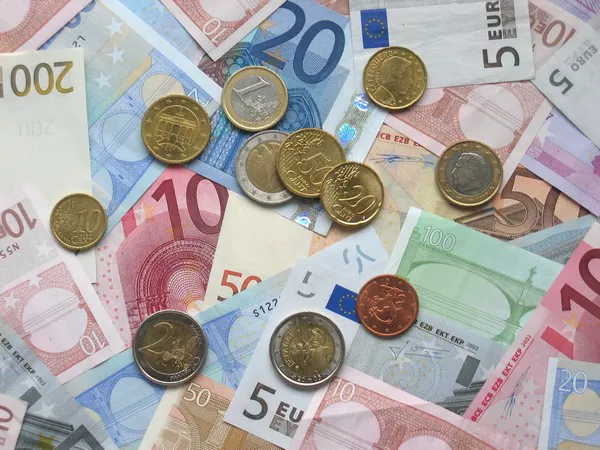The European Union (EU) is home to a diverse group of countries, each with its own unique economic and political landscape. While many EU member states have adopted the euro as their official currency, Poland has chosen to retain the Polish złoty. This decision has generated significant debate and curiosity regarding the reasons behind Poland’s reluctance to join the Eurozone. In this article, we will delve into the key factors that have shaped Poland’s stance on the euro and analyze the advantages and disadvantages associated with this decision.
1. Economic Considerations:
Poland’s decision not to adopt the euro can be largely attributed to its robust economy and prudent fiscal policies. After the global financial crisis in 2008, Poland experienced steady economic growth, making it one of the fastest-growing economies in Europe. Maintaining an independent monetary policy has allowed Poland to respond flexibly to economic challenges and tailor monetary measures to suit its specific needs. By retaining control over its currency, Poland can stabilize its domestic economy and manage inflation more effectively.
2. Sovereignty and Political Factors:
Sovereignty plays a crucial role in Poland’s decision to stay outside the Eurozone. The euro entails relinquishing monetary autonomy to the European Central Bank (ECB) and adhering to common monetary policies. For Poland, maintaining control over its currency signifies independence and the ability to make sovereign decisions regarding fiscal matters. Moreover, the perceived loss of political influence within the EU due to the dominance of larger economies has made Poland cautious about adopting the euro.
3. Uncertainties Surrounding the Eurozone:
The Eurozone has faced numerous challenges since its inception, including the Greek debt crisis, sluggish economic growth, and issues related to monetary policy harmonization. These uncertainties have raised concerns among some Polish policymakers and citizens about the potential risks associated with joining the Eurozone. Poland aims to avoid being exposed to the vulnerabilities of a common currency until it is confident in the stability and resilience of the Eurozone.
4. Strong Domestic Banking Sector:
Poland boasts a strong and stable domestic banking sector, which has played a vital role in its economic growth and stability. The nation’s banks are well-capitalized and have weathered financial storms effectively. By retaining the złoty, Poland ensures that its banking system remains insulated from potential shocks that could arise from eurozone-wide financial instability. This autonomy provides an added layer of security and safeguards against external risks.
5. Public Opinion and Referendum Results:
Polish citizens’ opinions on adopting the euro have been divided. Several public opinion polls and referendums conducted in recent years indicate a lack of consensus among the population. Many citizens express concerns about potential price increases, loss of control over monetary policy, and the negative experiences of other Eurozone countries during the financial crisis. These sentiments have influenced policymakers to tread cautiously when considering euro adoption.
Conclusion:
Poland’s decision not to adopt the euro can be attributed to a combination of economic, political, and social factors. Maintaining independent monetary policies, protecting sovereignty, uncertainties surrounding the Eurozone, a strong domestic banking sector, and public sentiment all contribute to Poland’s stance. As Poland continues to thrive economically and navigate its unique challenges, the debate over euro adoption will likely persist. Whether or not Poland eventually decides to join the Eurozone, its careful approach to monetary integration reflects a commitment to safeguarding its national interests and ensuring economic stability.


